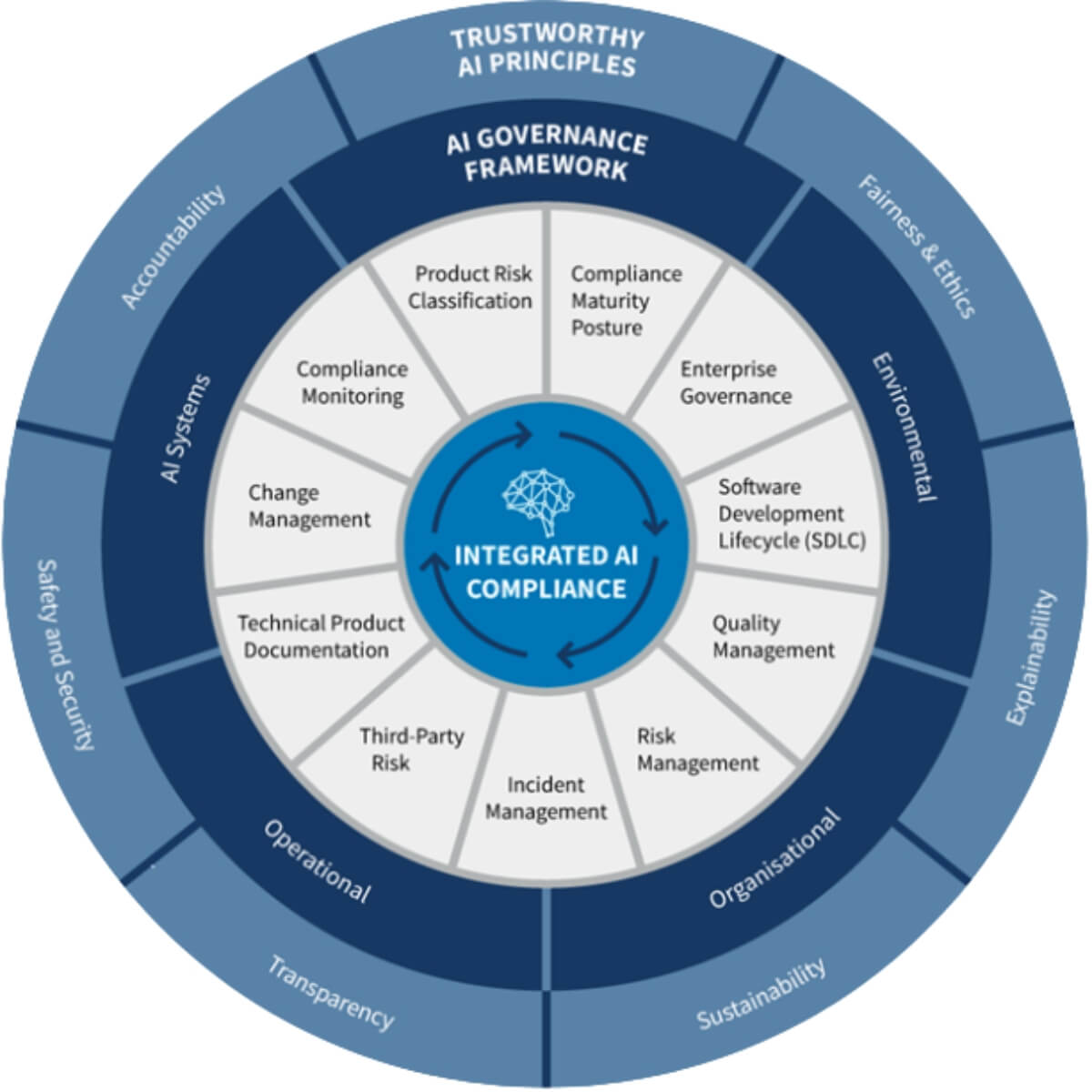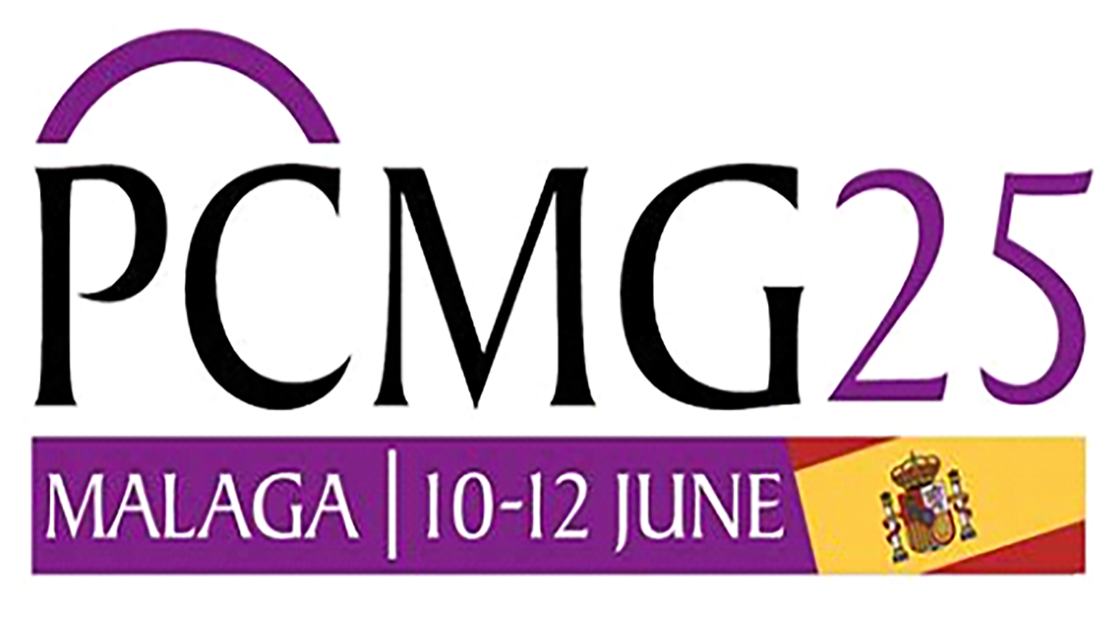
In this resource
Strengthen your processes and increase data-driven decision-making for faster study start-ups.
Strengthen your processes and increase data-driven decision-making for faster study start-ups.
The “fixed cost” sourcing has been popular for many years, predominantly in the relationships between mid to large biopharmaceutical companies and their strategic CRO partners, and occasionally non-CRO service providers. There are many advantages associated with this outsourcing model, chief among them being cost certainty: negotiating parties may “fix” one or more dimensions of an activity. For example, unit cost by geography, or, in more sophisticated examples, the types of resources allocated to perform a certain activity, their rates, and number of hours.
Advantages and Challenges of Fixed Cost Sourcing
Some of the most used activity categories are among the simplest, such as the cost of a monitoring visit, or the effort to develop a monitoring plan. Immense effort is usually spent upfront in defining what is being “fixed” and by what dimension, and the resulting “bid grid” can then be easily applied by the Sponsor in creating a study budget, or by the CRO, in generating the proposal. Certain elements, of course, remain variable, such as Project Management services and of course, the number of units for all services are variable- only the unit cost is fixed. Everything is transparent, predictable, and straightforward. Is it really?
When examining several “all fixed” or hybrid (fixed and variable) negotiated bid grids and interviewing many clinical outsourcing professionals, a few red flags emerged:
- Bid grid mapping is still an issue, especially in hybrid models. Variable units tend to “vary” a lot, making budgeting far less predictable than originally intended.
- The CROs tend to change the effort level or the resource mix, deviating from the original “fixed units” without giving the “heads up. ”This makes due diligence very time consuming.
- The #1 desired improvement idea was the need to facilitate due diligence and make it easier for Sponsors to “verify” if the fixed unit agreement is enforced during the bidding process, along with the need to set up the fixed activity bid grids in a “system” to reduce the heavy manual workload.
Developing Solutions with Clinical Maestro
In 2022, in collaboration with several leading Sponsors, we embarked on the journey of addressing the industry’s pressing needs and develop a new module within Clinical Maestro, specifically targeting fixed cost outsourcing. As we progressed through the requirements gathering, 3 prioritized objectives emerged:
- Ability to set up fixed unit templates by Provider, with versioning; address core models such as fixing resources, unit costs, or effort by the most popular dimensions, such as therapeutic area, protocol complexity, and study phase.
- Enable Sponsors to budget clinical studies that have a “fixed” component by correctly applying the unit costs and variable units based on assumptions and operational model intelligence.
- Empower biopharmaceutical companies to leverage the agreed fixed cost templates to the proposal due diligence process, such as the outsourcing manager will receive deviation alerts if the CRO changes any component of the fixed agreement.
Impact of Market Changes on Fixed Cost Models
Post-Covid high inflation threw a curveball into the fixed unit pricing. The CROs started to back away from the fixed model because the key components including rates and resource mix (impacting effort levels) were directly impacted by the rising costs. The negotiations became difficult. Either back away from the fixed cost model, embed inflation in the new units, or preferably shorten the validity period of the agreement.
For Sponsors, the promise of predictability disappeared into the variable model. “Refixing” became extremely challenging. Rate increases as high as 20%, rising effort levels, and the prospect of having to negotiate again in a year, have all complicated the sourcing model, especially in the context of massive reorganization of their own outsourcing departments that have been shrinking considerably in the last 18 months. To add to the mix, “full outsourcing” has been gradually falling out of favor, Sponsors seeking more transparency into third-party relationships and attempting to reduce project management fees via directly contracting with labs, system providers, and other clinical vendors that tended to be part of the CRO proposal.
Clinical Maestro 4.0: Introducing the New Hybrid Model
Luckily, our release of once again Clinical Maestro 4.0 offers the only solution to such incredible industry challenges.
At the heart of the solution is what we like to call the “new hybrid” model: the intelligent blend of variable sourcing backed by benchmark data with flag-enabled advanced due diligence engine for fixed cost pricing.
Instead of worrying about the due diligence effort, or the unpredictability of variable sourcing, Sponsors can rest assured that they can leverage the industry’s largest cost intelligence database in their sourcing process and the most flexible fixed unit set-up and alert system and avoid having to hire additional staff members to stay ahead of the curve in the CRO negotiations. What is truly beautiful is that the CROs love Clinical Maestro's new functionality as well: they can set up their rate cards, map both resources and activities to their own bid grid and configure their fixed cost templates directly in the system. What’s not to love?
In this resource
Strengthen your processes and increase data-driven decision-making for faster study start-ups.
RESOURCES
Explore Expert Insights and Resources for Clinical Excellence

Webinars
CRO budgets: complex, time-consuming, and often a black box. But they don’t have to be. Join us for a high-impact session where Leslie Mathews, Anca Copaescu, and Andrei Antonescu walk you through the real-world mechanics of CRO budgeting—from decoding activity grids to pressure-testing your numbers with powerful benchmarks.

Blogs
Effective vendor governance is essential to ensure operational success, cost efficiency, and regulatory compliance. Learn more here in our blog!

Case Studies
Faced with inefficiencies, compliance risks, and fragmented communication, a biopharma company dramatically enhanced its vendor governance by implementing VISION!
DEMO
Request a demo
Discover how Strategikon’s advanced solutions can streamline your clinical trial operations. Request a personalized demo to explore how our tools transform budgeting, vendor management, and outsourcing efficiency for pharma and biotech.






















